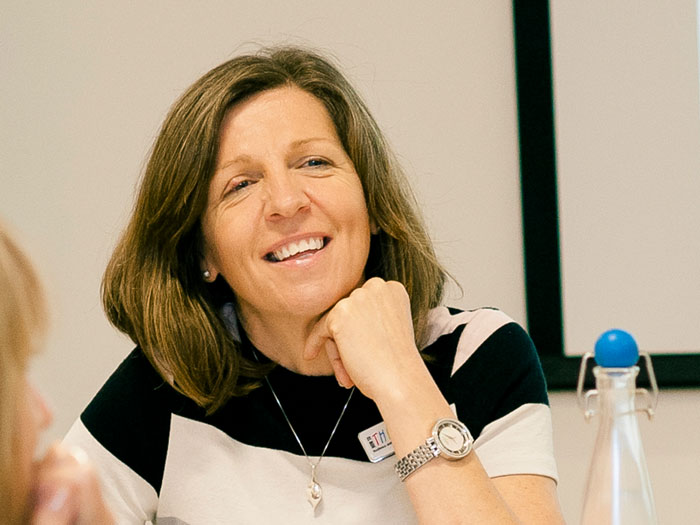The problem
Too often young people and their mental health is presented as a ‘problem to fix’. 2019 has seen another rise in news stories about young people’s health and wellbeing, most of which report worrying statistics for mental health issues.
The Bounce Forward mindset is that we must be cautious not to misinterpret the importance of negative emotions and the benefits of failing as part of personal development.
Bounce Forward believe that we shouldn’t ignore mental illness, but we should be mindful not to encourage a self-fulfilling prophecy from a narrative that says young people are helpless and unresourceful. Adults have created the environment that present many of the challenges that young people face.
They believe that we need to take a long hard look at education and the pressure the current system presents, the lack of resources and value placed on proving good quality teaching and learning of essential life skills and critically that schools should be equipping young people to thrive in life not just prepare for exams.

The solution
Bounce Forward believe young people are resourceful and capable of fixing their own problems and that often, they just need the tools, skills and space to work things out for themselves.
Numerous studies identify resilience as the essential life skills to not only help young people overcome setbacks but also the key to making the most of opportunities.
Based on the idea that resilience is a wide concept, their approach is a specific set of competencies including; emotional intelligence, empathy, optimism, connecting & reaching out, flexible & accurate thinking, self-efficacy and impulse control. All these things can be easily taught measured and mastered in schools.
Their approach is to train teachers to build these competencies for themselves first, so they model and teach resilience in an authentic way. They design their curriculums as topics relevant to the real lives of young people, helping them to connect the learning to their personal development. Topics such as social media, relationships, problem solving and mental health.
“Bounce Forward believe young people are resourceful and capable of fixing their own problems and that often, they just need the tools, skills and space to work things out for themselves. ”
Work in action
Bounce forward teach specific, tangible skills that become resilience skills for life – a set of tools that underpin the way you and young people approach opportunities and challenges in and outside of school.
Their training courses range from teaching concepts and skills, to delivering curricula, lesson materials and specialised courses. Their team of specialists are actively involved in positive psychology, education leadership and workforce development, who create and evolve Bounce Forwards’ validated research and curricula.
The Big Changers
Lucy Bailey – Chief Executive Officer and Co-founder
Lucy is proud of her beginnings as a youth worker and her 17 years of experience of working in, developing, reforming and managing children’s services. Over the last ten years Lucy has focused on education and has been instrumental in embedding resilience curricular in schools and services across the UK. Lucy directed the Healthy Minds research project, has an MSc in Practice Based Research, a BSc in Social Policy and Criminology, and a Post-Graduate Certificate in Education.

Impact
Research and evidence are the foundation of the resilience workshops Bounce Forward have held, which have already helped more than 750,000 children in 1,661 schools.
Bounce Forward researched a resilience-based PSHE curriculum with 11,000 students in 34 schools over 5 years, the project is called Healthy Minds. Funded by the Education Endowment Foundation and run in partnership with the London School of Economics, the largest ever study of its kind shows the impact of good quality teaching and learning on important outcomes. The curriculum is now available to all schools.
The trial showed that teaching Healthy Minds works. The graphic shows how far an average pupil has increased their percentage ranking as a result of the course when compared with other pupils nationwide.
The results of this study show the same impact on life satisfaction as when an adult finds a life partner. It also shows that young people were able to express negative emotions more openly while applying positive external behaviours. They believe the main learning to achieve these fantastic results are simple:
- Train teachers well
- Provide regular teaching and learning throughout (1 lesson a week)
Find out more here.

